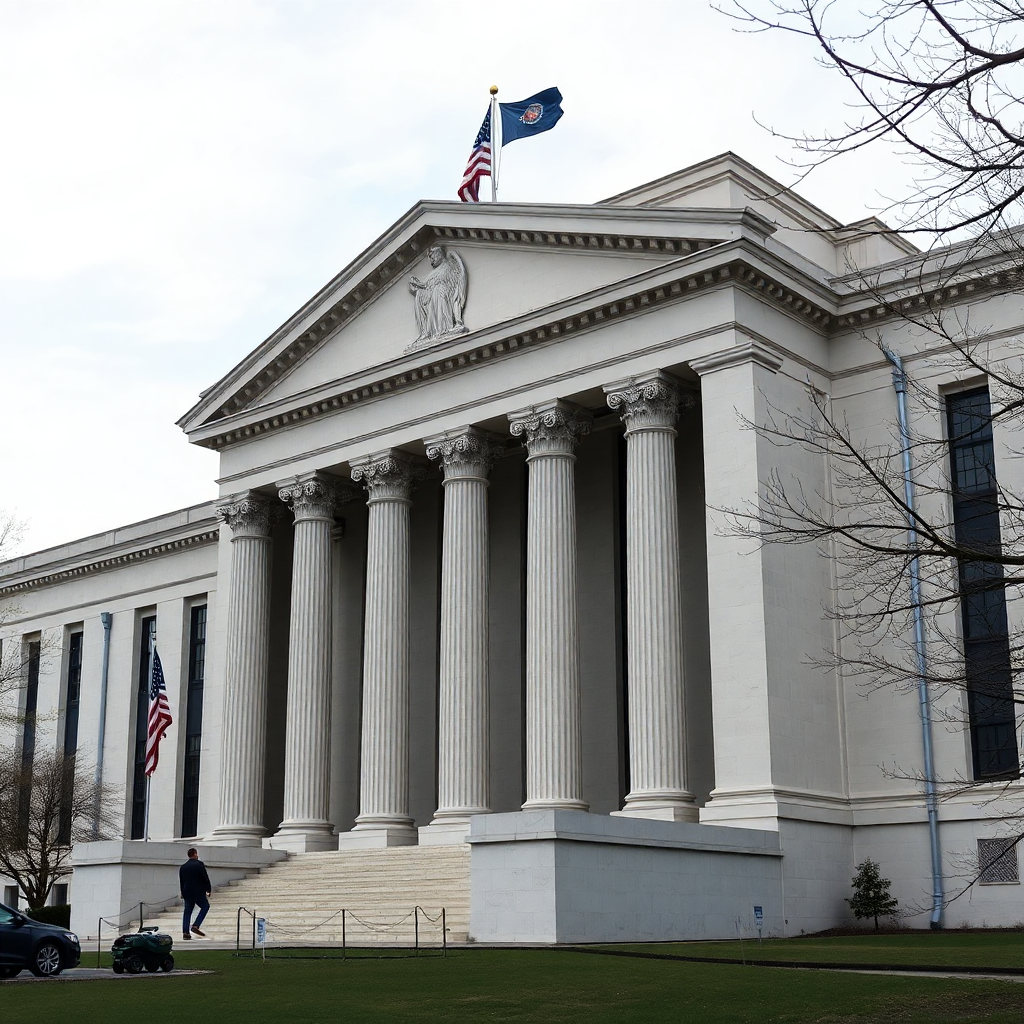How has the Federal Reserve overstepped biblical principles?
In the context of the Federal Reserve, the practice of creating money out of thin air and pursuing policies such as quantitative easing can be viewed as a form of financial irresponsibility.
The Federal Reserve (Fed), as the central banking system of the United States, plays a crucial role in regulating the economy and overseeing monetary policy. However, many critics argue that the Fed's actions occasionally clash with certain biblical principles, raising questions about the morality of its practices. This post examines how the Federal Reserve's policies may conflict with ethical teachings found in the Bible, including the principles of stewardship, honesty, and fostering community wellbeing.
Stewardship and Financial Responsibility
Biblical teachings emphasize stewardship—managing resources wisely and responsibly. In Proverbs 21:20, it is mentioned, "In the house of the wise are stores of choice food and oil, but a foolish man devours all he has." In the context of the Federal Reserve, the practice of creating money out of thin air and pursuing policies such as quantitative easing can be viewed as a form of financial irresponsibility.
By flooding the economy with excessive liquidity, the Fed may be seen as neglecting its duty to promote sustainable financial practices. This behavior could potentially lead to inflation, reduced purchasing power, and ultimately, economic instability, straying from the biblical call for prudence and responsible management of resources.

The Principle of Honesty
Another fundamental biblical principle is honesty, which is highlighted in Proverbs 12:22: “The Lord detests lying lips, but he delights in people who are trustworthy.” When the Federal Reserve conducts its business, especially in terms of communication regarding interest rates and economic forecasts, transparency is crucial. However, critics argue that the Fed has sometimes provided vague or misleading guidance, which can create confusion and uncertainty in the markets.
This lack of straightforwardness raises ethical questions about accountability and trustworthiness. The failure to uphold these values can erode public confidence in monetary policy, suggesting that the Fed may not fully align with biblical standards surrounding truthfulness and integrity.
The Importance of Community Wellbeing
The Bible places significant emphasis on caring for the vulnerable and maintaining societal welfare, as reflected in passages like Isaiah 1:17: “Learn to do right; seek justice. Defend the oppressed.” The Federal Reserve's tendency to prioritize financial markets over individuals can be seen as a deviation from this principle.
When the Fed implements policies that favor Wall Street institutions or wealthy investors, it risks neglecting the economic challenges faced by ordinary citizens. For instance, during times of economic crisis, such as the 2008 financial downturn, the Fed's bailout strategies primarily benefited large corporations while many individuals struggled without adequate support. Thus, the Fed's actions sometimes appear misaligned with the biblical mandate to prioritize communal wellbeing and justice.
Conclusion: A Call for Reflection
In light of these points, it is essential to foster a conversation about the intersection of faith, ethics, and economics. While the Federal Reserve serves a critical role in stabilizing the economy, reflecting on how its policies align with biblical principles can inspire meaningful change in its approach to governance. By promoting stewardship, honesty, and community wellbeing, the Fed has the opportunity to lead in a manner that not only benefits the economy but also upholds and embodies the moral teachings found within the Scriptures.